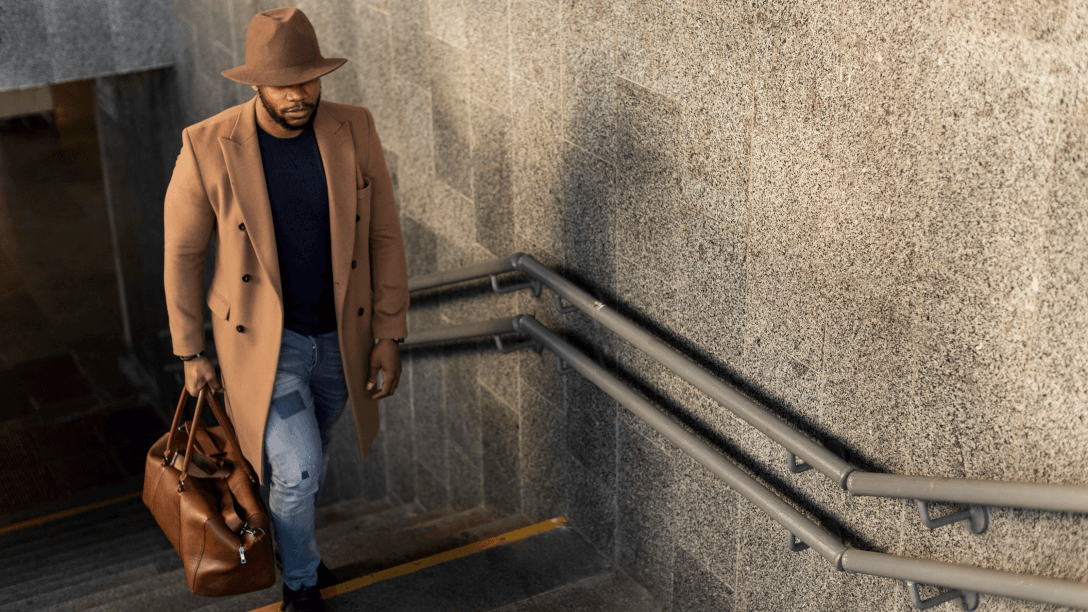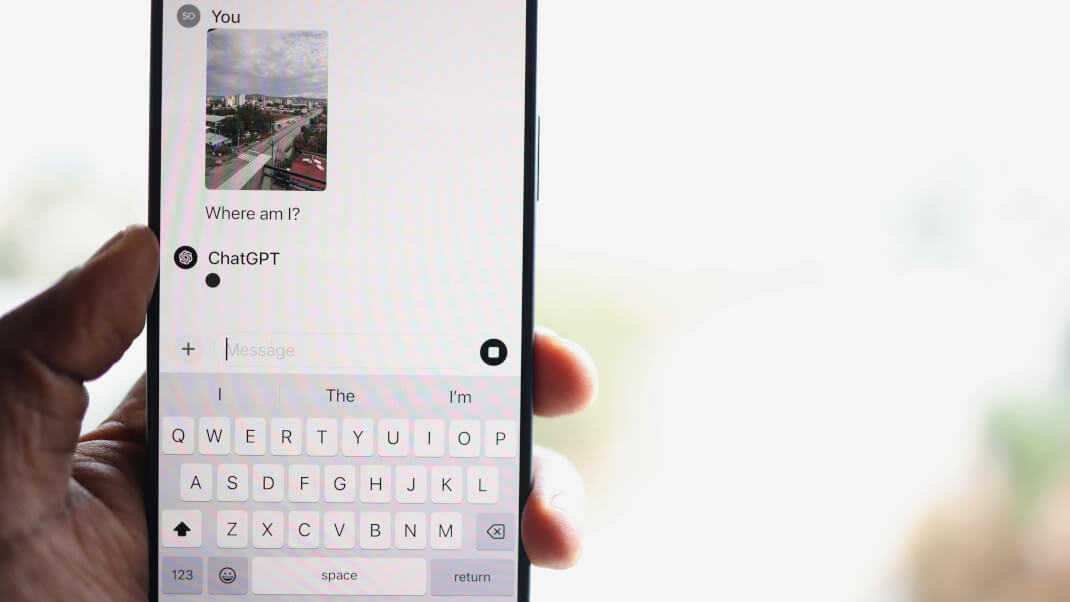
As Coronavirus (COVID-19) continues to impact travel, it’s important for hotels to have an action plan in place that addresses both the current state and the future rise in travel demand.
NB: This is an article from NextGuest
According to a special forecast from STR and Tourism Economics, due to the COVID-19 outbreak, the hotel industry is projected to report significant declines across demand, occupancy, ADR, and revenue per available room (RevPAR) in 2020. While travel has come to a virtual standstill due to the COVID-19 outbreak, the market is expected to regain its footing in the latter part of the year and next year.
Based on research from CBRE, from the start of the US outbreak in January 2020, it is predicted that it will take approximately 6-10 months (June) for US hotel demand to recover, and 12-16 months (December) for ADR and RevPAR to recover. Therefore, hoteliers need to take the necessary steps to adequately prepare for recovery, while also setting proper expectations and KPIs.
Overall, your hotel should consider a three-phased approach
- While Travel is on Pause: While people are not traveling and many hotels are closed, hotels should stay connected with past and future guests through social, email, and editorial content that entertains and adds value to maintain a strong brand relationship.
- Initial Rise in Travel Demand: Ramp up marketing efforts focused on brand awareness and fueling new guests into the booking funnel with affordable CPCs and CPMs to reach people beginning to daydream about rebooking and planning vacations. Ensure a flexible cancellation policy and sensitive messaging relevant to the situation.
- Travel Demand Strengthens: Continue marketing efforts shifting focus to lower-funnel intent as well as targeting the right demographics and feeder markets with the right messaging and packages.
This is the first article in a three-part series focused on each phase of a hotel’s COVID-19 recovery strategy. This article focuses on the current recovery phase while travel is on pause. For the full recovery strategy across phases, download our COVID-19 Hotel Recovery Strategy eBook.
Recovery Phase One: While Travel is on Pause
Today, while most travel is on pause, it’s important to follow crisis-management best practices by swiftly developing a prevention plan, communicating to employees and guests, and making critical shifts to revenue management and digital strategies to ensure success. During this time, it is critical to clearly communicate if your hotel is open, your hotel’s prevention plan, and any other relevant information or frequently asked questions in regards to COVID-19 on your website and across digital channels. It is also important to maintain flexible cancellation policies both for existing reservations and future bookings.
Understanding Travel Perception During COVID-19.
While travel demand remains slow, now is a great time to get in touch with traveler’s perception of the COVID-19 situation, understand how your brand can help, and take consumer sentiment into consideration for your recovery strategy. In a recent survey of travelers in North America from Fuel Travel, when asked the first word people think of when they think of travel right now, participants responded with words like “scary,” “unsafe,” “caution,” and “wait.” This sentiment aligns with travel demand forecasts that show travel activity not picking back up until June. But this study sheds light on a critical question: How can your hotel add value now?
Adding Value to People’s Lives and Giving Back.
While COVID-19 is still impacting travel and the hotel is either closed or experiencing a significant drop in bookings, your hotel brand should stay connected to past guests and share valuable content people can enjoy while at home on your website, blog, social media, and email. All messaging should be empathetic, positive, and overall uplifting. During a crisis, people will remember how your brand made them feel, and providing the right content can strengthen the brand relationship long-term.
If any marketing remains live at this time, the focus should be on brand awareness, with tasteful messaging that drives traffic to valuable content. If your hotel wishes to keep any promotions live, they should be focused on advance purchases for future stay dates, with a flexible cancellation policy.
And finally, there is no better time for your hotel to be focused on the greater good and giving back to the community. Consider little ways you can give back like partnering with a charity and allowing loyalty members to donate to the cause to earn loyalty points or rewards for a future stay or providing complimentary rooms or an exclusive rate to first responders.
Here are the top 10 considerations to implement now while travel is on pause:
#1: Develop a Prevention Plan:If you haven’t already, document a prevention plan that protects employees and guests while on property to put potential guests at ease and to help ensure a positive, safe experience at your hotel. It’s important to note that if your hotel is currently closed, guests will want to be assured this prevention plan is still in place once the hotel reopens.
#2: Communicate Critical COVID-19 Information: It is important for your hotel to address if the hotel is open, cancellation policies, and that there is a prevention plan in place across critical channels such as your website, local listings, social media, and email. Your website should address the following topics to put guests at ease:
- Prevention plan
- Cancellation policy (waiving of cancellation fees is recommended)
- Contact information if guests have any questions or concerns
- Frequently asked questions around COVID-19
- How the property is helping the community
#3: Implement a Flexible Cancellation Policy: While COVID-19 is still impacting travel demand, hotels need to have a clear action plan to address existing reservations and cancellations, with a flexible cancellation policy on existing and future reservations. Through proper communication with guests who have booked, you can foster loyalty and encourage future bookings. For existing reservations while the “stay at home” order is still in place throughout the United States and around the world, consider proactively reaching out to guests inviting them to rebook with added value or incentive.
According to the Fuel Travel study, over 50% of respondents have either canceled or rescheduled a trip, with cancellations outpacing rescheduling by 4:1. For reservations that have already been cancelled, prompt guests to book a future stay or purchase a gift card for the reservation amount with an added complimentary bonus to incentivize purchase.
Overall, if your hotel brand wants to maintain strong brand loyalty and enforce confidence to rebook, your hotel should maintain a flexible, stress-free cancellation policy for at least the next six months or until end of year.
#4: Reassess your Digital Strategy: While travel is on pause, this is a great time to reassess your digital strategy, marketing assets, and take time to revamp initiatives and processes to set yourhotel up for future success. Considerations to revamp your strategy long-term:
- Audit marketing assets and what creative or templates should be revamped or redesigned
- Revisit or develop an online review and reputation management strategy
- Revisit website copy for relevancy, value, and brand voice
- Revisit website UX and design elements
- Develop an editorial calendar and communication plan for the next 60 days
- Audit digital tools and martech to reassess value, revisit internal processes for efficiencies, etc.
#5: Give Back to Healthcare Workers: Consider offering an affordable rate for healthcare workers and first responders who are working around the clock and/or need to self-isolate from loved ones. Some hotels are offering complimentary rooms to the healthcare community through the American Hotel & Lodging Association’s Hospitality for Hope initiative. Consider the following ways to give back to the healthcare community:
- Offer an affordable rate
- Offer complimentary rooms
- Donate food from the hotel restaurant to local hospitals
- Donate to COVID-19 relief and recovery funds
#6: Create Valuable and Entertaining Editorial Content: Editorial content that adds value while everyone must social distance and stay at home, is a great way to lift the spirits of past guests who currently can’t travel or visit your destination. Sharing recipes from your hotel chef, at-home spa treatments from your hotel spa, and fun activity ideas for the kids are just a few ways you can help people enhance their stay–at–home experience. Editorial content ideas can include:
- “Cook with Our Chef” Blog Post Series: Share a recipe from the hotel restaurant’s chef or an iconic dish from the destination. Get creative and share a complimentary cocktail recipe or wine recommendation that is perfectly paired with the dish.
- “DIY Spa Day” Blog Post Series: Help people escape and indulge with at-home spa tips from your on-site spa.
- “Travel Virtually” Blog Post Series: Share images of the property that people can download and use as their Zoom background or as a desktop wallpaper.
- “Kid-Friendly Scavenger Hunt” Blog Post: Perfect for hotels with a large family travel segment, share top landmarks at the hotel’s destination and provide printable cards for each location that parents can print and hide throughout their house as a treasure hunt activity to do with their kids.
- “Kid-Friendly Coloring Pages” Blog Post: Share a fun fact about the destination and provide an image of the destination that people can print out and color with their kids.
#7: Engage and Inspire Past and Future Guests on Social Media: Time spent on social media has increased significantly since people have been social distancing. Social media is a great way to stay connected with past guests and engage followers with inspiring travel and destination content. Asking followers to share pictures from their past stay at your hotel, sharing inspirational photos of your property or destination and asking followers their favorite thing to do in your destination, and sharing virtual tours of destination landmarks are just a few ways to engage past guests. Social media ideas can include:
- “Travel the World” Social Post Series: Multi-property brands can invite people to travel the world virtually by sharing first-person photos of each destination and something special about the destination.
- “Our Destination, Your Favorites” Social Post Series: Post a photo of your hotel’s destination and ask people to share photos from past stays at your hotel and their favorite spots in that destination with a dedicated hashtag.
- “Museum Tour Guide” Social Post Series: Share a video of a virtual tour of a local museum (using the Google Arts & Culture collection) and ask people to share their favorite exhibits or pieces.
- “At-Home Workout” Social Post Series: If your hotel offers group activities or fitness classes, create workout or instructional videos guests can use to stay active at home.
- Spotify Playlist Social Post Series: Create and share Spotify playlists with themes related to the hotel brand or destination. Create playlists that people can use for different activities such as working out or cooking.
#8: Stay Connected through CRM: Staying connected to past guests and loyalty members through email is a great way to build awareness of your editorial content and to stay connected. Email ideas can include:
- Promote Blog Content: Check in with email subscribers and promote blog content around activities they can do at home such as recipes, DIY spa treatments, workouts, etc.
- “Turn Your Home Into Hotel” Email: Provide tips that people can use to bring their hotel experience to their home. Examples include using similar bath products, bed linens, and creating a minibar.
- “Loyalty Members Give Back” Email: Choose a charity and invite loyalty members to donate and earn perks such as complimentary dining credit.
- “Curate Your Stay at Home” Email: Share content and activities that allow people to experience the destination and hotel from home such as Zoom backgrounds, music playlists, book recommendations, films based in the destination, etc.
#9: Focus on the Right Audience with Advanced Purchase Offers: While travel is on pause, some people may still book trips far in advance. During this time it will be even more important for hotels to hone in on the most qualified audience with advanced purchase offers focused on a 90-day booking window, as according to ADARA flight data, people are searching for flights and hotels roughly 90 days out. Targeting strategies while travel is on pause include:
- Travel-Intent Data: Leverage first-party travel intent data to hone in audiences that have indicated intent to travel to your destination. Target travel planners with a 90-day booking window for advanced booking campaigns.
- Demographic targeting: Exclude demographics that are less likely to travel, such as people age 65+, unemployed, etc.
- Keyword strategies: Target brand and destination keywords to reach audiences that are likely to be planning travel. Exclude keywords related to Coronavirus and cancellations to avoid reaching audiences that are simply searching for information surrounding the pandemic and reach more qualified users.
#10: Digital Marketing Focused on Sensitive Branded Messaging: As mentioned, if any marketing remains live at this time, the focus should be on brand awareness, with tasteful messaging that drives traffic to valuable content. If your hotel wishes to keep any offers live, they should be focused on advance purchases for future stay dates, with a flexible cancellation policy. For more information on the best practices across channels during COVID-19, check out our recently published article.
Overall, now is the time to stay connected to past guests and foster a strong brand relationship while people are unable to travel. People will remember how your brand made them feel during this difficult time, so it’s important to make all communication positive, valuable, or entertaining




